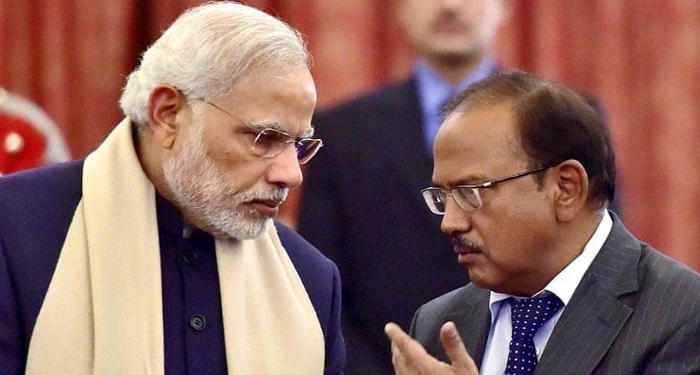The serial bomb blasts that shook the island nation of Sri Lanka on 21st April 2019 reinforced the imminent danger of following a passive policy on terrorism. Many nations in the world, particularly the countries of Europe, have over the years softened their stand on terror, which can largely be attributed to the erroneous policy of appeasement followed by successive governments. The audacious acts of Islamist terrorists are justified by harping on their economic status, unemployment and other socio-economic factors that are projected as factors for “making a terrorist.” Analysis of the psyche of the terrorist and his background take precedence over the innumerable loss of lives. Countries like France and Germany have been particularly “forgiving.” There has been little or no check on Muslim immigrants, so much so that many areas of Paris have been turned into Muslim ghettos. There is always a threat of a radicalized youth triggering a bomb in a marketplace or a school or a bus stand, but preemptive action has in the past lead to spurious arguments on human rights.
Terrorists have been particularly benevolent when it comes to killing innocent people in South Asia. India has been a victim of terror since time immemorial. The roots of this virus run deep and perhaps there is no single-point action plan to deal with this menace. However, the incumbent government has taken steps to curb the danger of terrorism and barring the ghastly attack on CRPF Jawans in Pulwana and the horrifying attack on the army camp at Pathankot, there have been no major incidents of terrorism in the past five years. The Modi government has by and large performed well on the national security front and has not only secured the national border but has also taken effective steps in rooting out sleeper cells which were active during the Congress dispensation. Modi government has given a clarion call for dealing with terrorism the way it is supposed to be dealt with. PM Modi’s dogged determination has lifted the spirits of the citizens of our country, and now everyone is assured of safety and security. Prime Minister Modi along with the Minister of External Affairs, Smt. Sushma Swaraj expressed deep regret at the events that took place in Sri Lanka on Sunday and reinforced their commitment to fight against terror in the region.
The Congress leadership also tweeted on the unfortunate incident, however, the inaction of the Congress government following the dastardly attack on Mumbai in 2008 was an eye-opener for all those who believed that the UPA government was interested in national security. Congress followed a defensive policy, which neither sought to mitigate the danger of terrorism nor resulted in any significant crackdown on the support bases of terrorists within the country. The UPA government paid no heed to issues concerning national security. The focus was never on dealing with the handlers sitting across the border, which is why the Balakot strike seemed to be a bolt from the blue for a party which followed an unassertive policy on terrorism.
In the aftermath of the attacks in Sri Lanka and the persistent danger of such acts being repeated in any part of the world at any given time, the policy of Modi government going hard on terror seems to be the only logical intervention that the world needs at the moment. Every nation’s security is important and every nation has the right to defend itself against terrorism. The only possible way to win this war is to go on the offensive and instead of being meek spectators to the killings of innocent people, the ruling dispensations across the world need to show some might and act now. The Modi government model might be a good plan to replicate.























